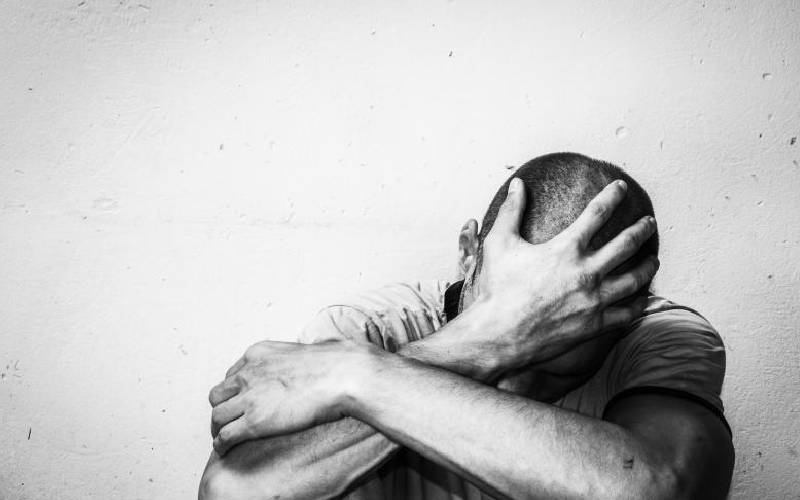×
The Standard e-Paper
Kenya’s Boldest Voice

Besides depression, contributors to suicidal tendencies include stress and isolation from family and community, work pressure and lack of psychosocial support. [Courtesy]
Life in Kaharo village, Mukurweini Constituency, is quiet and slow-paced like most rural areas in Kenya.